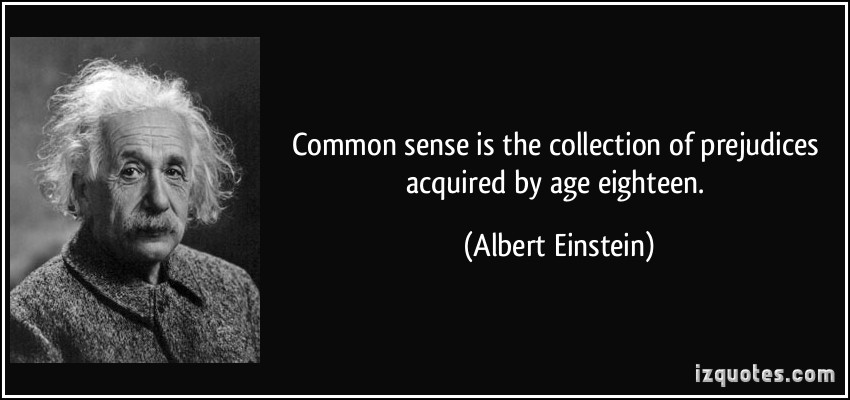
The estimable Robin Hanson and I are reviewing each other’s books. We disagree with each other about almost everything, which is great. I admire Robin’s ability to disagree strongly without a trace of animosity.
The bet arose because of the following passage in my new book, The Economic Singularity:
Geoff Hinton – the man whose team won the landmark 2012 ImageNet competition – went further. In May 2015 he said that he expects machines to demonstrate common sense within a decade.
(Here is a report of Hinton saying that.)
Robin is famously sceptical about the rapid progress of AI, thinking it is grossly over-stated. He thinks there is no chance at all that machines will have common sense by 23 July 2026. And so we have agreed a wager. He has generously given me 50-to-1 odds, so if Hinton is wrong I pay Robin $100, and Hinton is right, Robin pays me $5,000. (He’s a tenured professor at a prestigious US university, so that kind of money is loose change to him.)
What do we mean by common sense? I’m not sure it’s a concept capable of precise definition, but you know it when you see it. Here’s one description, from the next paragraph in my book:
Common sense can be described as having a mental model of the world which allows you to predict what will happen if certain actions are taken. Professor Murray Shanahan of Imperial College uses the example of throwing a chair from a stage into an audience: humans would understand that members of the audience would throw up their hands to protect themselves, but some damage would probably be caused, and certainly some upset. A machine without common sense would have very little idea of what would happen.
Rather than try to negotiate a precise definition of common sense, Robin and I have agreed to appoint an impartial judge – David Wood, chair of the London Futurist group.
To be clear, common sense falls a long way short of consciousness, or of artificial general intelligence.


